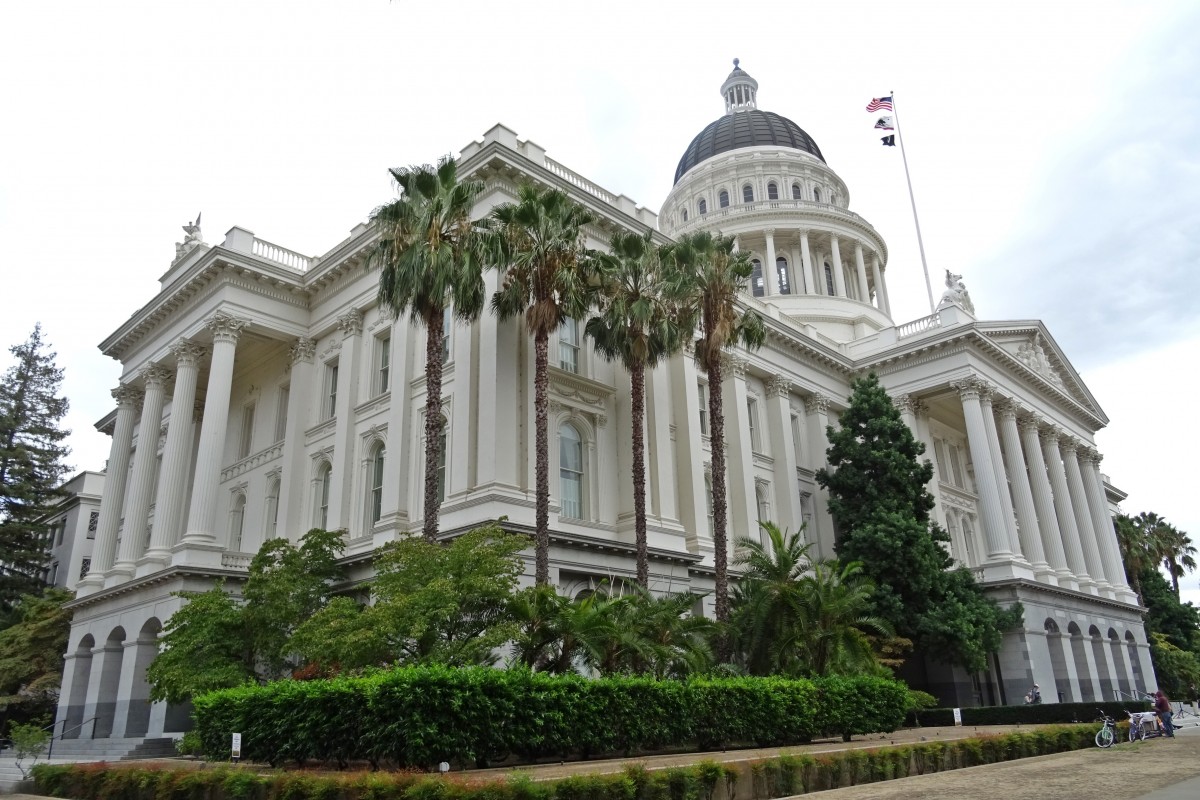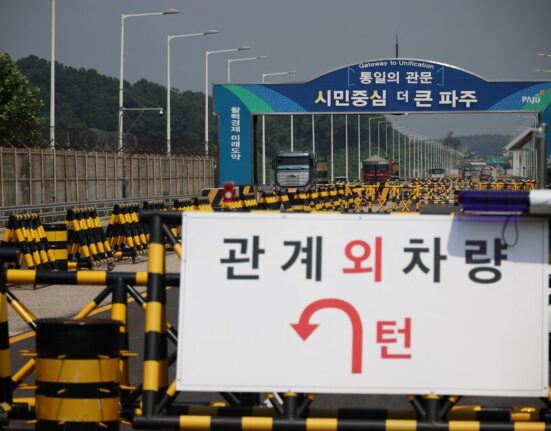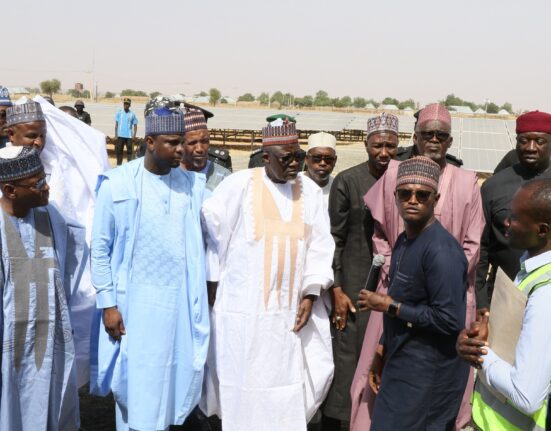Two years ago, most of us probably had no idea who Governor Ahmad Aliyu of Sokoto State was. But now, his name is synonymous with transformative rural development initiatives in Nigeria. While many state governors focus on urban areas for projects to boost their public image, Governor Aliyu has taken a different path—one that truly impacts the lives of those in rural communities.
The typical politician might overlook rural areas because they lack the glitz and glamour of big cities where media attention is easily captured. However, Governor Aliyu understands that investing in rural regions can have a profound impact on the economy and the well-being of its residents. By prioritizing these overlooked areas, he believes it’s possible to create more jobs, improve infrastructure, and provide essential services like healthcare and education to lift people out of poverty.
In his two-year tenure so far, Governor Aliyu has implemented numerous projects under his Nine-Point Smart Agenda that have significantly improved the lives of Sokoto State residents. From boosting agricultural productivity to supporting mosques and assisting the less privileged, his focus has been on grassroots development. These efforts have not only enhanced livelihoods but also strengthened communal ties and religious practices within local communities.
One striking aspect of Governor Aliyu’s leadership is his commitment to rural road construction—a vital lifeline for isolated villages. Access roads are crucial for economic growth as they facilitate trade and social interactions. Through strategic planning and execution, he has ensured that every local council in Sokoto State benefits from multiple road projects either completed or underway.
Despite facing baseless accusations of neglecting rural areas for urban centers early in his term, Governor Aliyu quickly dispelled these rumors by showcasing tangible results across various local governments. His dedication earned him the endearing nickname “rural governor,” reflecting his groundbreaking work beyond city limits.
The sheer number and quality of road projects undertaken by the administration are unprecedented compared to previous terms or counterparts in neighboring states. The extensive network includes vital routes connecting remote villages previously underserved by infrastructure development—an essential step towards equitable progress throughout the region.
Noteworthy among these initiatives are roads like Alasan-Faga-Bagassaka-Bakaya-Romo linking Tambuwal LGA; Kaffe-GidanHashimu-Tsitse Spur-Kaddi-Arawa in Gada LGA; Buzuliga-Lukuwa-Yargada-Malikawa serving Gwadabawa LGA—each a testament to Governor Aliyu’s vision for comprehensive rural connectivity.
Furthermore, ongoing efforts include reconstructing key segments like Sokoto-Gummi Road as part of standardization agreements with the Federal Government—a collaborative approach aimed at enhancing inter-state transport networks for long-term benefit.
Beyond road infrastructure improvements, feeder roads play a pivotal role in facilitating socio-economic activities within remote communities by enhancing accessibility and connectivity—a significant stride towards uplifting living standards outside major townships.
Under this broader scope lie commendable achievements such as constructing feeder roads like Gudun Tandamare to Rijiya Road (Tambuwal LGA), Dandin Mahe to Mabera (Shagari LGA), Yar Jakuru to Kafar Sanyi (Bodinga LGA), among others spread across various local councils—ushering newfound prosperity into once-neglected corners of Sokoto State.
And amidst all this remarkable progress stands a leader whose actions speak louder than words—Governor Ahmad Aliyu upholds a humble demeanor shunning self-aggrandizement commonly seen among politicians today. His silent yet impactful revolution sets an example worth emulating nationwide—where governance isn’t about flashy appearances but genuine transformation benefiting all citizens equally.









Leave feedback about this